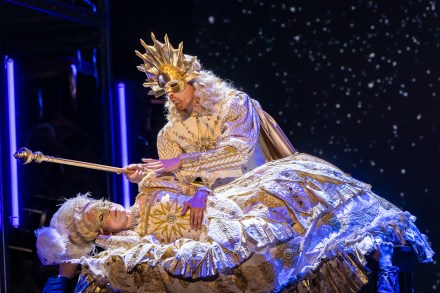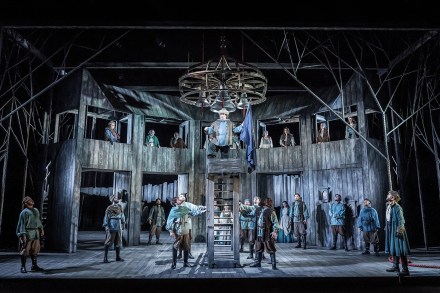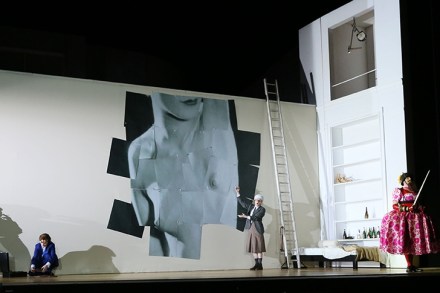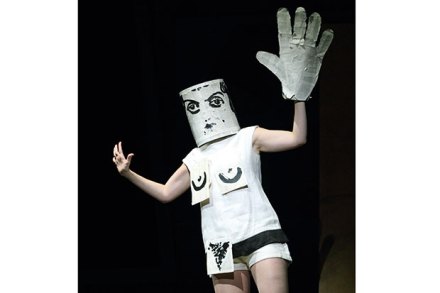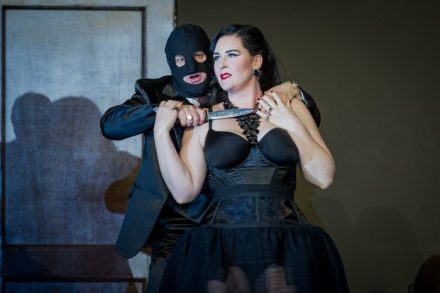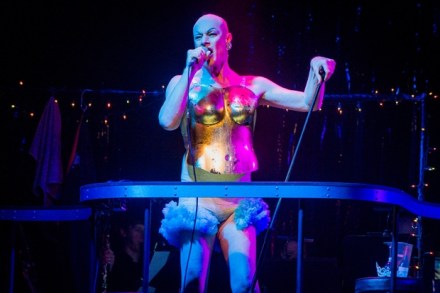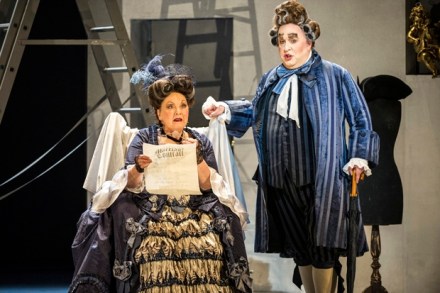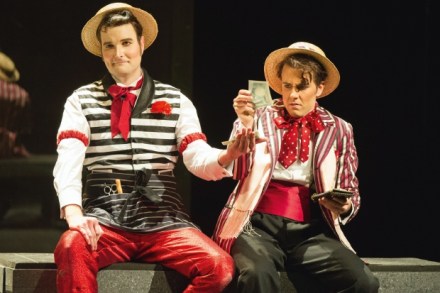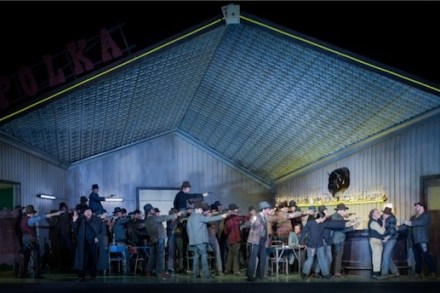Juicy solution to the Purcell problem: Opera North’s Masque of Might reviewed
Another week, another attempt to solve the Purcell problem. There’s a problem? Well, yes, if you consider that a composer universally agreed (on the strength of Dido and Aeneas) to be a great musical dramatist left only one stageable opera (that’d be Dido and Aeneas), but hour upon hour of theatre music that’s effectively unperformable in anything like its original context: i.e., yoked to text-heavy Restoration dramas. How to get this stuff back on stage? The story is rudimentary – just enough to support song, dance and a thumping great moral Masque of Might, David Pountney’s new extravaganza for Opera North, is one solution, and it’s rather a fun one.
